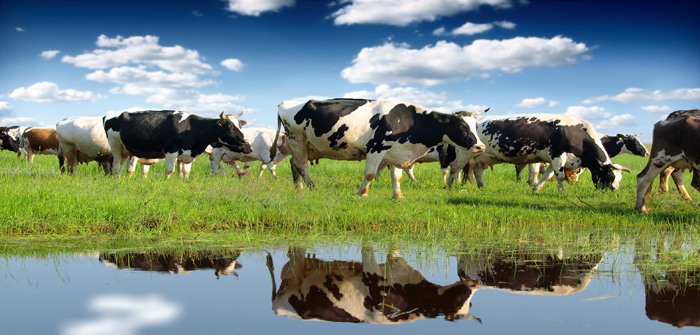A new guide has been created to help alleviate livestock stress and keep them safe if farm water supplies are interrupted
As temperatures fluctuate the likelihood of pipes bursting increases, with livestock businesses acutely dependent on a reliable supply of water.
News reports often focus on the number of houses affected, however a Defra survey has shown that 85% of farms are also drawing water from the public mains supply. Working together with the NFU and Water UK, AHDB’s water resources scientist, Nicola Dunn has led the creation of the new guide.
She said: “When water supplies are interrupted on a livestock farm, time is critical. We wanted to help farmers by providing a guide with matters to consider before they runout of water, and when their supply is interrupted.
“Farms may already have a plan in place, but if they haven’t there are simple steps you can take to make sure animals have access to the water they need. This is particularly relevant for businesses with lactating stock, where cows need between 60 to 100 litres of water per day, while sows and gilts may require 15 to 30 litres per day.”
Ms Dunn added: “Following changes in water regulation, we’ve clarified the points of contact farmers have with what are now called water wholesalers – which supply your water – and retailers, to whom you pay your bill. As a livestock business on mains supply you can register as a ‘Category 4’ sensitive customer, so if your water is cut off the wholesaler is aware and can prioritise accordingly.
“Almost a third (31%) of farms get water by abstraction from watercourses and a quarter use water from a borehole, so in the event of a burst there may be alternative supplies available – however, always consider if the alternative supply is safe before it is used.”


